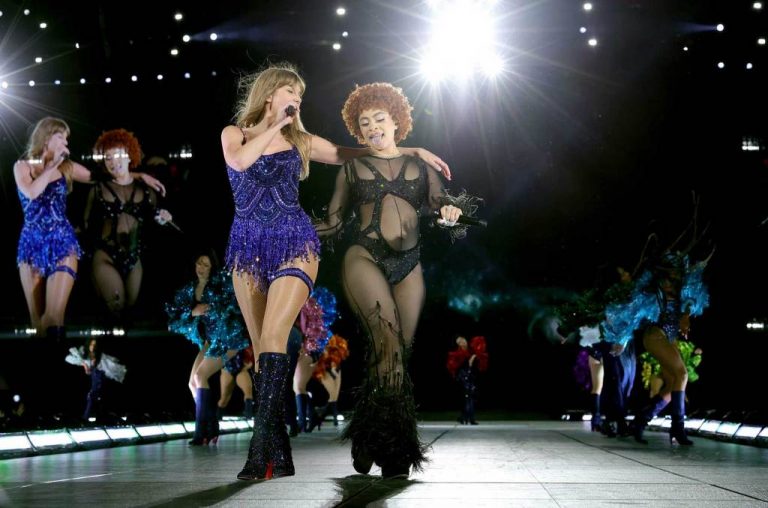Guest Column Urges Support for Senate Bill Lowering Concert Ticket Prices
Live event ticketing has become a hot topic of discussion, drawing attention not just from the Justice Department but also from music fans all over the country. This spotlight has put the live event industry at a critical juncture, where decisions made now could shape the future of how events are experienced and enjoyed. Will we stick to the current system, where ticket prices are sky-high and much of the funds end up in the hands of resellers instead of the artists and venues? Or will we seize this moment to advocate for reform that benefits everyone involved in the live event ecosystem?
For far too long, fans, artists, and venues have been at the mercy of an unregulated marketplace plagued by speculative ticketing, deceptive practices, and exorbitant price gouging. The time has come to change that narrative and establish measures that safeguard fans, foster trust, and support a flourishing live event industry.
The Fans First Act emerges as a timely solution to address these issues. This bipartisan legislation, if passed, will bring much-needed enforcement and transparency to the ticketing landscape. It aims to curb deceptive websites, disclose resellers, and put an end to speculative ticketing. It is imperative that Congress acts swiftly to pass this significant legislation and send it to the White House for approval.
The Problem
Understanding the necessity of the Fans First Act requires a deep dive into the challenges faced by fans in today’s live event market. Fans are grappling with a multitude of factors, including inflation, economic uncertainty, and the presence of bots and brokers driving up ticket prices. Concert ticket prices have surged by 35% since 2019, making it increasingly difficult for fans to afford live experiences.
Music festivals, a beloved component of the live event landscape, are also feeling the pinch of rising costs. With tickets, travel, lodging, and food expenses on the rise, many festivals have had to cancel events to navigate the economic constraints effectively.
A closer look at the fan experience reveals a disturbing trend of fans falling prey to secondary ticketing sites. Many fans unknowingly purchase tickets from resellers posing as legitimate venues, only to discover that the tickets are either fake or grossly overpriced. This lack of transparency in the ticketing process has left fans feeling disillusioned and financially burdened.
Deceptive practices in the secondary ticketing market have far-reaching consequences. Fans are not only duped into paying exorbitant prices for tickets but also end up booking non-refundable travel and accommodations for events they may never attend. This environment spells losses for everyone involved, creating a toxic cycle of deceit and disappointment.
Unethical brokers and illegal bots further exacerbate the situation by reselling tickets at inflated prices, impacting the entire live event ecosystem. The profitability of secondary ticket sellers comes at the expense of fans, artists, and venues, leading to a decline in ticket sales, concession revenue, and merchandise purchases. When fans arrive at a venue with counterfeit or overpriced tickets, it is the legitimate stakeholders who bear the brunt of the repercussions.
The Solution
At this pivotal moment, the live event industry faces a crucial decision: appease opportunistic resellers and brokers or take a stand to prioritize the interests of fans, artists, and venues. The Fans First Act presents a viable solution to restore balance and integrity to the ticketing ecosystem.
We urge Congress to swiftly enact the Fans First Act, recognizing that fans, artists, and venues are the heartbeat of the live entertainment sector. Their well-being and experience should be paramount in any decision-making process. It is time to empower the key stakeholders who drive the live event industry and revitalize the essence of live music and events that enrich communities across the nation.
The connection. The experience.








